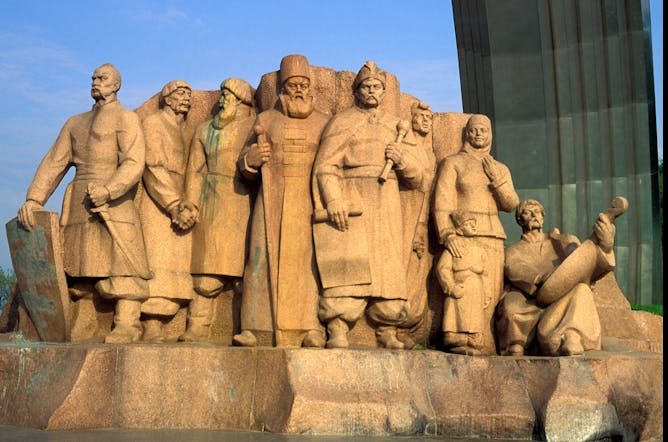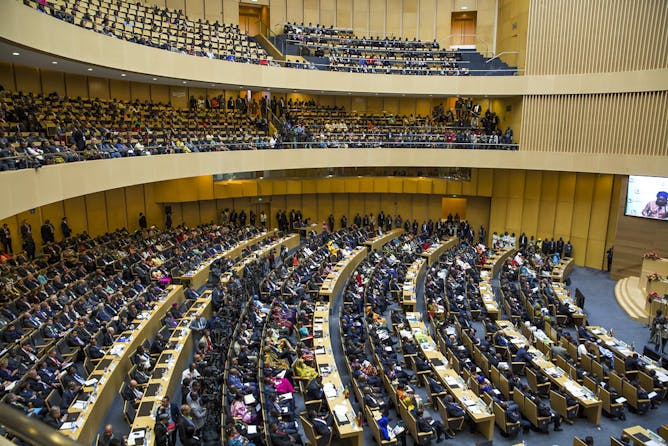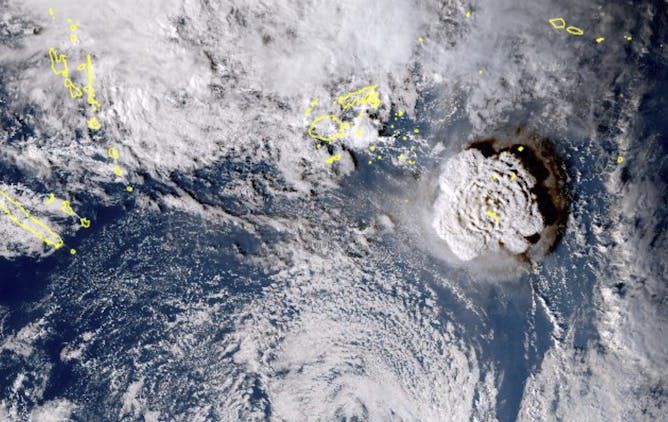|
Tensions remain critically high on Ukraine’s Russian border with reports that Moscow’s preparations for an invasion recently have been stepped up. The Russian president, Vladimir Putin, has long sought to justify his country’s aggressive foreign policy towards its neighbour by insisting it is merely a defensive posture against NATO’s relentless eastward expansion. He has also written that he believes Russia and Ukraine are “one people – a single whole”.
But despite centuries of shared history during the rise and fall of empires and the formation and dissolution of nation states in the region, Ukraine has its own origin story which is quite distinct from that of Russia, despite the best efforts of the tsars and commissars.
The Free Movement of Persons Protocol, signed by African Union member states in 2018, was designed to lead to better integration of the continent and open up economic benefits. But this vision hasn’t materialised. Alan Hirsch explains why it’s been difficult to get member states to ratify and implement this key agreement.
|

Olivia Durand, University of Oxford
The two countries have a lot of shared history, but Ukraine has a distinct and independent past.
|

Alan Hirsch, University of Cape Town
African countries are struggling to implement the African Union’s protocol on free movement four years after its ratification.
|
|
|
-
Vicki Crawford, Morehouse College
In his brief life, Martin Luther King Jr. had a variety of interests that informed his work as leader of the civil rights movement. His alma mater has collected some objects that tell his story.
-
Christopher Taylor, UK Centre for Ecology & Hydrology; Douglas Parker, University of Leeds
This increases the risk of disastrous flash flooding in the region’s coastal cities.
-
Janric van Rookhuijzen, Utrecht University
The story can be traced back many centuries to a time of warfare between Christian European countries and the Muslim Ottoman Empire.
-
Keith Parry, Bournemouth University
Australia’s decision to revoke Novak Djokovic’s visa is likely to have implications for worldwide sports teams.
|
|

Shane Cronin, University of Auckland
The eruption is akin to a weapons-grade chemical explosion, and there could be several weeks or even years of major volcanic unrest to follow.
|